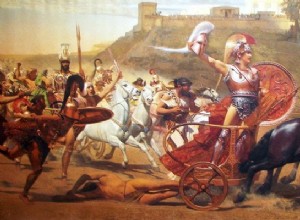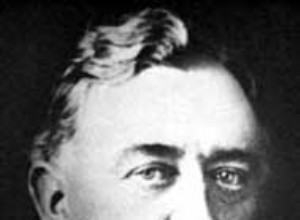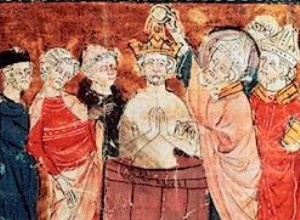Maria Rosa de Madariaga Álvarez-Prida , exceptional historian born on February 9, 1937, in a Madrid in the midst of war, whose childhood and youth were spent while Spain still maintained her protectorate in Morocco, just the subject that would end up monopolizing her historical work. She trained at




